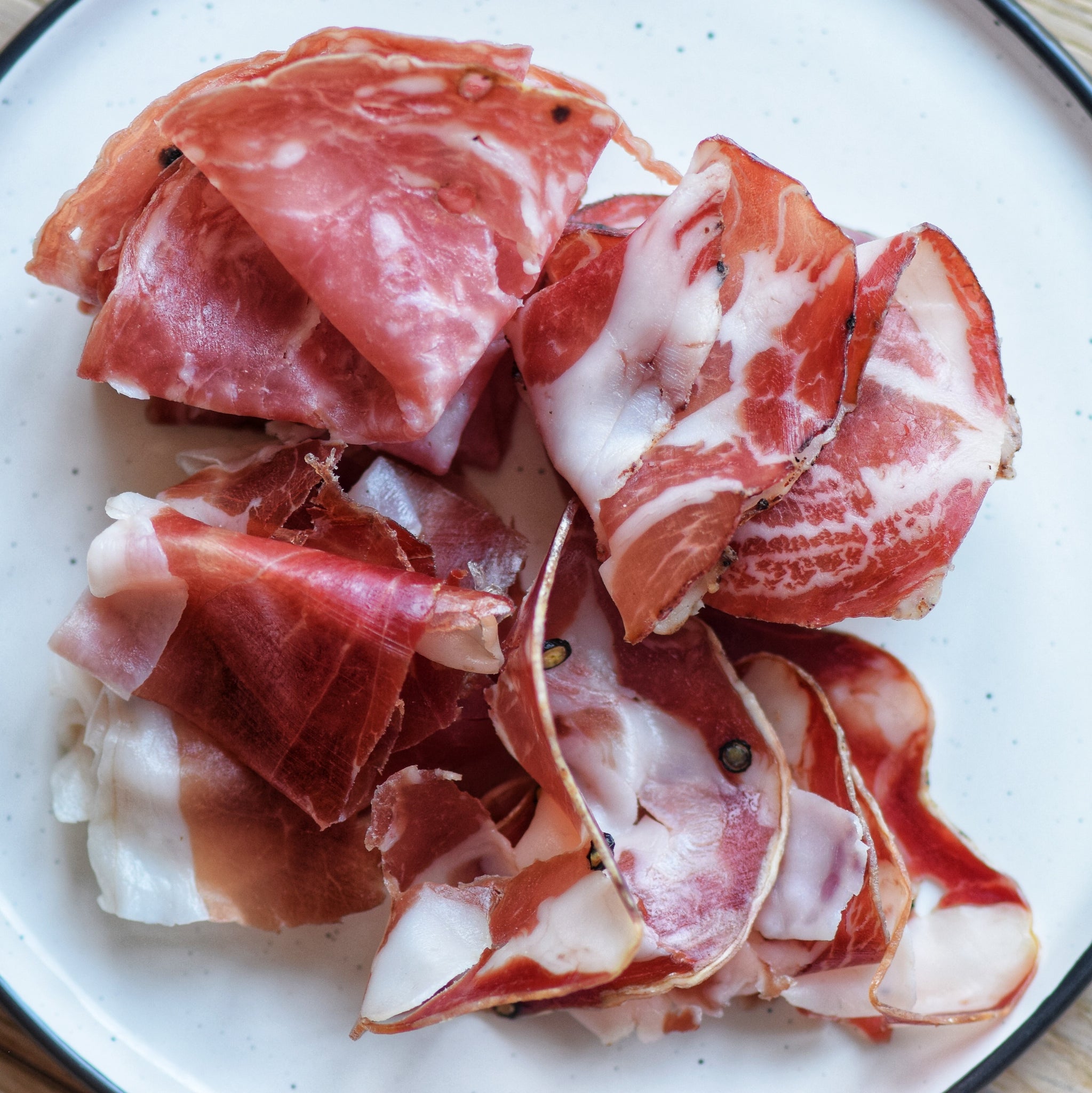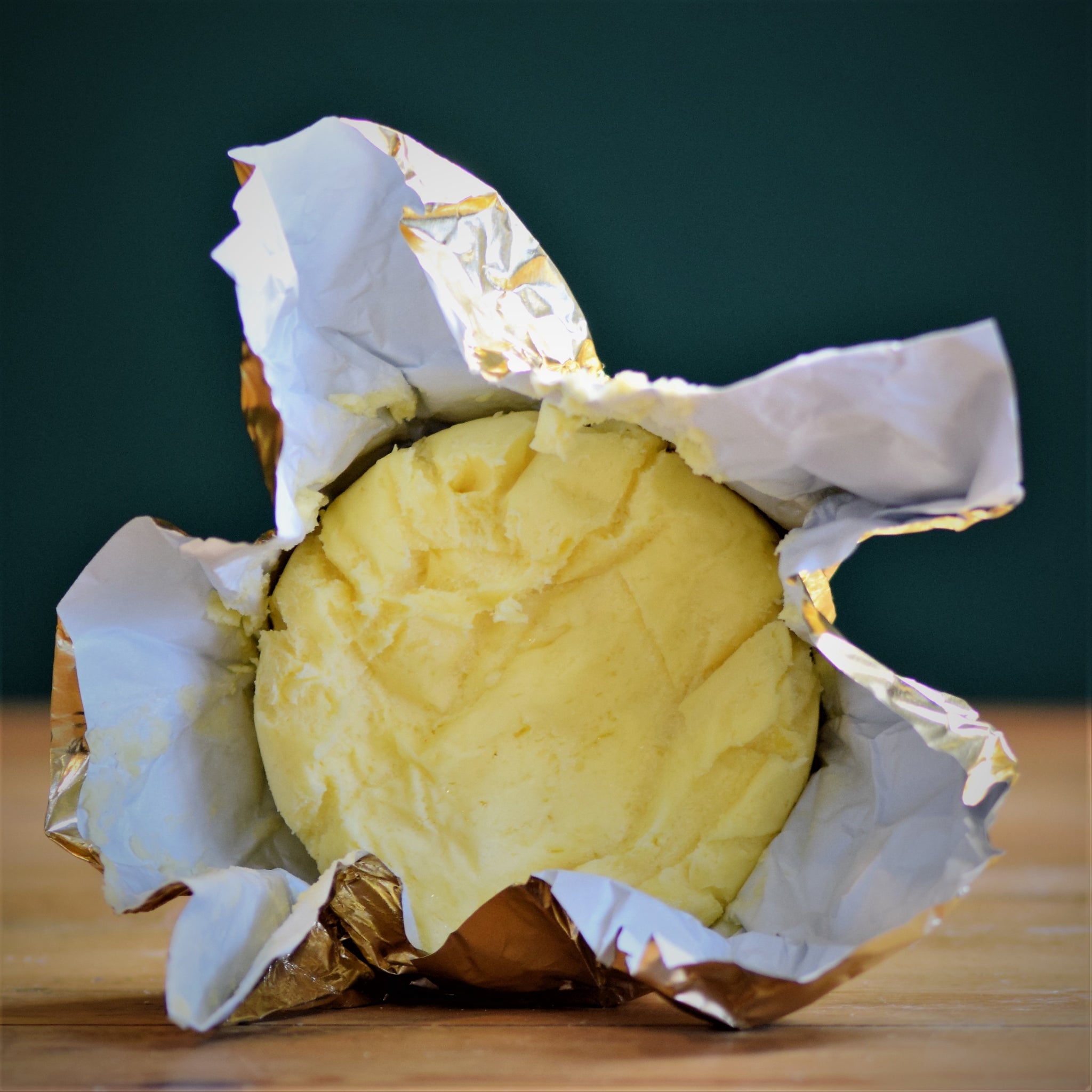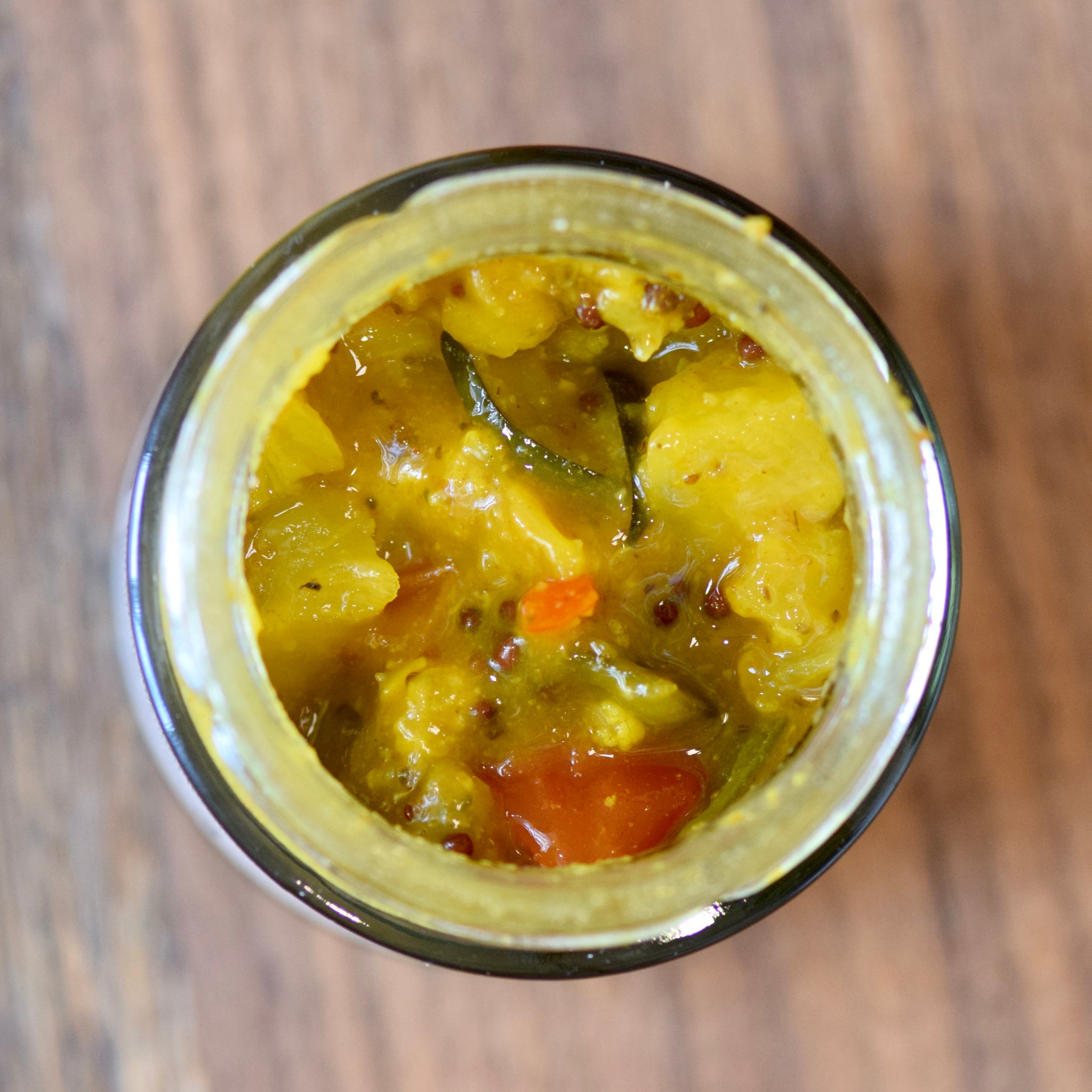Now is an opportune time to look into supplying your business with British artisan cheese. Recently, the British artisan cheese industry overtook the French industry and is now worth $3 billion a year according to Whynow. From the “cheddarification” of British cheese in the 19th and 20th centuries which watered down our national variety, there are now over 1,000 varieties of cheese made in Britain. While this makes for a wealth of dairy delights, it does make the task of selecting the best wholesale artisan cheese a tall order.
Fret not! This article is an explainer that will illuminate your path to finding the cheeses that will define the taste of your restaurant or food business. We’ll help you narrow down the search by looking at what you need, what to look for and activities that can help pin down what cheese and wholesale cheesemonger is right for you.

Choosing a Reputable Supplier
A quality supplier will provide quality cheese, and often the issues associated with finding cheese worthy of your business can be solved by finding this type of supplier. Cheese is one of the most beloved food items in the UK, so you won’t want to skimp on this aspect of your food, whether its final destination is as part of a burger or as the twist that elevates a classic such as a jacket potato.
Ideally, you’ll want a supplier whose reputation precedes them, has a range of choices and can deliver to you in a timely manner. To learn more about choosing the right supplier for your business, read our guide on what to look for in a supplier.
Knowing Your Restaurant’s Needs
Every restaurant or food business possesses its own unique identity and speciality. Just as a chef carefully selects ingredients to craft a dish, the choice of cheese can be a crucial factor in defining the flavour and character of your menu.
Consider your restaurant's distinctiveness. Are you aiming to enrich your creations with a creamy, milky essence that elevates their overall taste? Or perhaps you're looking to surprise your patrons with an unexpected curveball – be it nutty, sour, or delightfully sweet.
At Rennet and Rind, we take pride in offering a diverse selection of British artisan cheeses that cater to many different culinary visions. For example, if your focus lies in the rich and delectable world of European and Mediterranean cuisine, you'll find an array of British twists on classics like brie, camembert, gouda, and pecorino among our offerings.
Perfect Pairing
Serving a cheese board and wine combo? They’re a natural fit and increasingly popular combined offering in restaurants for those who want a sharing platter or after-dinner savoury treat. If you’re pairing with wine, a general rule of thumb is, “what grows together goes together”, so getting cheese and wine produced in the same region is a natural coupling. Other companions to go with cheese include charcuterie meats, crackersand chutneys, all of which provide a deeper dimension of taste and texture.

Sampling Is Important
For the best results, get hands-on! Sampling allows you to build a better understanding of what cheese will pair well with your menu. Sitting with an affineur who can take you through their collection and tailor your needs and preferences as you go along not only builds a relationship with your supplier that could lead to future recommendations when new cheeses come in, but also allows you to discover cheeses that ordinarily would be outside your comfort zone, but could work in your menu.
How Milk Type Affects Flavour
A key factor behind the sheer diversity we see in British cheese today is how we make use of different types of milk during cheese production. Understanding how different types of milk influence cheese can empower you as a business owner to select the best wholesale artisan cheeses for your establishment.
Different animals provide milk with unique characteristics, affecting the quality, taste, and texture of cheese. The main sources include cows, sheep, and goats. Each type of milk brings its own signature to the cheese it produces, determined primarily by the protein and buttermilk content.
There are four key types of milk used in cheese production:
- Goat’s Milk: Known for its lower butterfat percentage, goat's milk produces cheeses that are often tangy and acidic. If your customers enjoy a sharper, more distinct flavour, goat’s milk cheese might be an excellent choice.
- Water Buffalo’s Milk: This milk type stands out for its high butterfat content, leading to rich and creamy cheeses. Classic examples include luxurious mozzarella.
- Cow and Sheep’s Milk: These fall in between goats and water buffalo milk in terms of butterfat content. They offer a balance, making them versatile choices for a range of flavours and textures in cheese.
As you explore the vast landscape of British artisan cheeses, remember that understanding the type of milk used is crucial in anticipating the flavour profiles.
If you're interested in having Rennet and Rind supply wholesale British artisan cheese to your business or kitchen, please contact us via our application form. Our carefully curated selection boasts an array of unique, flavourful cheeses, each with a story as rich as its taste. We're excited about the opportunity to introduce you to the finest in British cheese craftsmanship.



